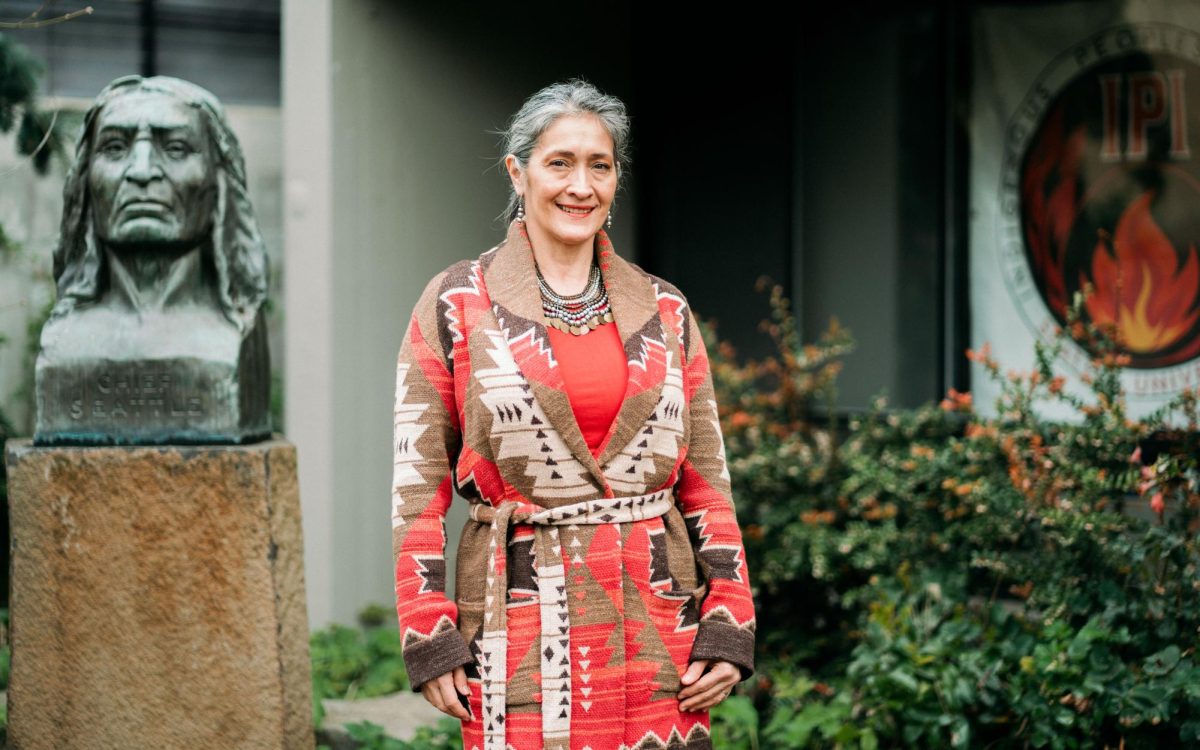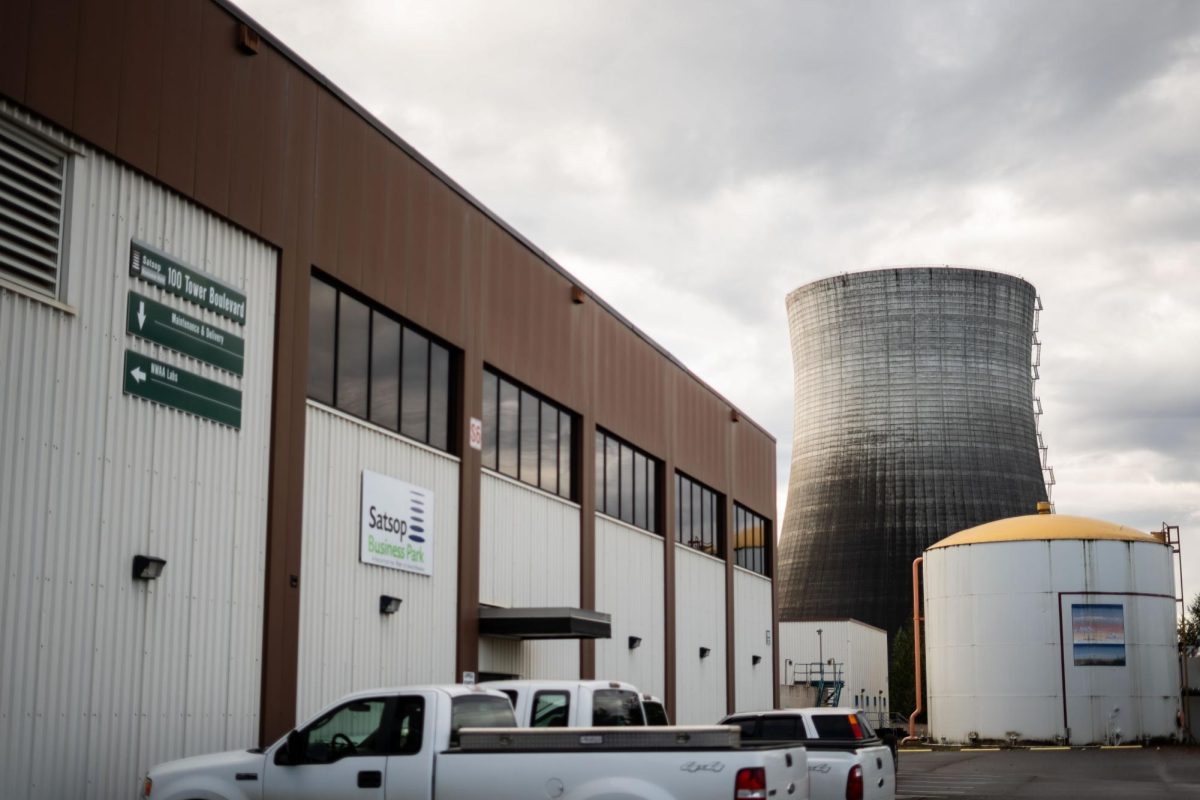The experience of faith and justice intersect constantly in today’s world, and it is out of these collisions that a new Campus Ministry Faith and Justice cohort was born. Focused on “The Spirituality of Racial Justice,” the student-led group, which met for the first time on April 27, will meet every Wednesday for the rest of Spring Quarter.
The cohort was formed in partnership with the Black Student Union and the African Students Association on campus. Respective organization presidents, seniors Latanya Jenkins and Tesi Uwibambe, are excited to work together within these discussions.
“We’re looking for…community building and using this space to learn more about how faith has contributed to and created racism—but has also participated in the dismantling of racism eventually,” Uwibambe said.
Both Jenkins and Uwibambe will lead the cohort, preparing materials that people will read and watch before and after meetings. The intention is to explore everyone’s identities within the context of spirituality in racial justice.
“The beauty about [this cohort] is we don’t focus on education at all. No one’s there to educate anyone,” Jenkins said. “So it’s not like I’m telling you the ‘black perspective’ of how we do spirituality, it’s how do I do spirituality myself and how does my race and my identity play a role in my faith.”
In an attempt to respond to the results of the campus climate survey, another hope is that this cohort will be able to serve as space where students feel safe and free to ask questions of racial justice on campus.
Campus Minister of Social Justice Jimmy McCarty serves as the group’s adviser. For McCarty, the cohort exemplifies the view that humans are holistic beings in mind, body and spirit.
“When we’re thinking about what does it mean to engage in justice or marginalization around anything but especially around racial issues, universities are really good at the head part, the mind part, trying to engage it from that perspective,” McCarty said.
According to McCarty, while society is getting better at thinking about how bodies engage in justice, we tend to miss how experiencing racial injustice impacts our spirits. To engage in these issues holistically, spirituality must be present in the conversation.
“In the United States specifically you can’t avoid issues of faith and theology and spirituality,” McCarty said. “They’ve been used to perpetuate injustice… but also peoples who have been marginalized and oppressed have overwhelmingly used [them] as resources for resistance.”
In addition to being a tool that can be utilized in defying the systems that promote this injustice, the cohort’s focus allows for necessary spiritual nourishment.
Taking on any kind of activist work, whether that involves direct action or discussion, or encountering unjust treatment can lead to individuals getting burnt out and discouraged. The cohort is meant to be a support system as well.
“I think it’s important in that sense as students are preparing to think about and respond to racial injustice,” McCarty said. “It’s going to be something that’s going to exist in our society for probably our lifetime. You need to be able to resist that over the long-term.”
The cohort has started the conversation about how offensive comments and microaggressions can lead to more serious crimes. The continuation of racial injustice starts in multiple places and escalates in a number of ways, with spirituality in the heart of it all.
“It’s important to talk about the problematic parts of faith as well as the good parts of it,” Uwibambe said. “It’s important to look at all of the aspects, specifically in this Jesuit school.”
The cohort will meet every Wednesday evening from 6:00 p.m. to 8:00 p.m. in the OMA lounge. All are welcome and encouraged to attend.
“I hope more people come and get more involved,” Jenkins said. “Now that we got a basis of where people are, it’s getting easier to talk about harder topics and unpack it together.”
Vikki may be reached at [email protected]










